- Home /
- Linux Foundation /
- Kubernetes Security Specialist /
- CKS Dumps
Eliminate Risk of Failure with Linux Foundation CKS Exam Dumps
Schedule your time wisely to provide yourself sufficient time each day to prepare for the Linux Foundation CKS exam. Make time each day to study in a quiet place, as you'll need to thoroughly cover the material for the Certified Kubernetes Security Specialist exam. Our actual Kubernetes Security Specialist exam dumps help you in your preparation. Prepare for the Linux Foundation CKS exam with our CKS dumps every day if you want to succeed on your first try.
All Study Materials
Instant Downloads
24/7 costomer support
Satisfaction Guaranteed
Context
The kubeadm-created cluster's Kubernetes API server was, for testing purposes, temporarily configured to allow unauthenticated and unauthorized access granting the anonymous user duster-admin access.
Task
Reconfigure the cluster's Kubernetes API server to ensure that only authenticated and authorized REST requests are allowed.
Use authorization mode Node,RBAC and admission controller NodeRestriction.
Cleaning up, remove the ClusterRoleBinding for user system:anonymous.
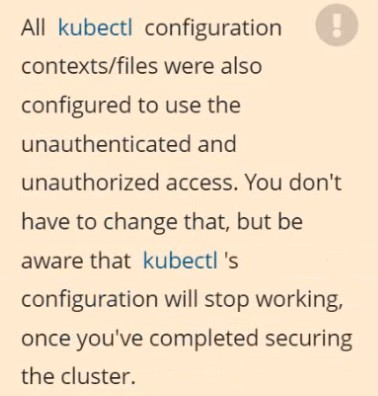
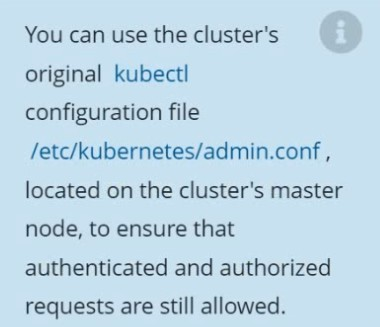
Task
Analyze and edit the given Dockerfile /home/candidate/KSSC00301/Docker file (based on the ubuntu:16.04 image), fixing two instructions present in the file that are prominent security/best-practice issues.
Analyze and edit the given manifest file /home/candidate/KSSC00301/deployment.yaml, fixing two fields present in the file that are prominent security/best-practice issues.
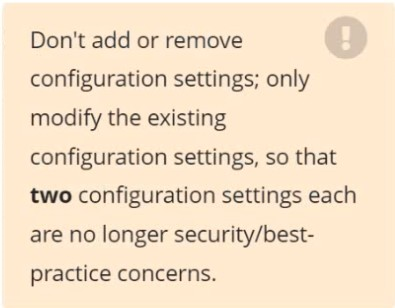
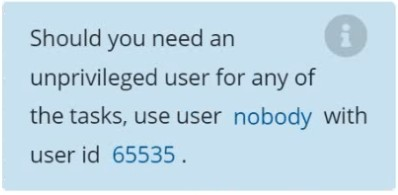
Context
A PodSecurityPolicy shall prevent the creation of privileged Pods in a specific namespace.
Task
Create a new PodSecurityPolicy named prevent-psp-policy,which prevents the creation of privileged Pods.
Create a new ClusterRole named restrict-access-role, which uses the newly created PodSecurityPolicy prevent-psp-policy.
Create a new ServiceAccount named psp-restrict-sa in the existing namespace staging.
Finally, create a new ClusterRoleBinding named restrict-access-bind, which binds the newly created ClusterRole restrict-access-role to the newly created ServiceAccount psp-restrict-sa.
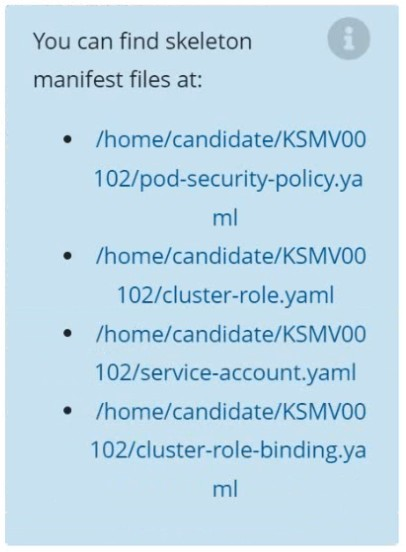
Context
A default-deny NetworkPolicy avoids to accidentally expose a Pod in a namespace that doesn't have any other NetworkPolicy defined.
Task
Create a new default-deny NetworkPolicy named defaultdeny in the namespace testing for all traffic of type Egress.
The new NetworkPolicy must deny all Egress traffic in the namespace testing.
Apply the newly created default-deny NetworkPolicy to all Pods running in namespace testing.
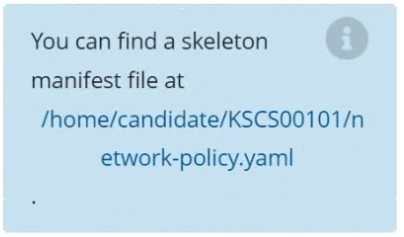
Context
A CIS Benchmark tool was run against the kubeadm-created cluster and found multiple issues that must be addressed immediately.
Task
Fix all issues via configuration and restart the affected components to ensure the new settings take effect.
Fix all of the following violations that were found against the API server:
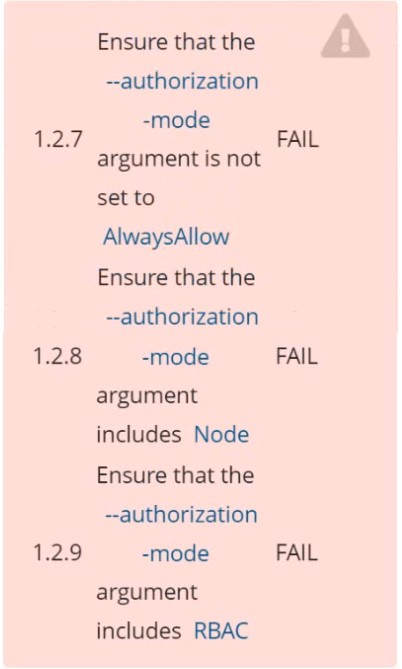
Fix all of the following violations that were found against the Kubelet:
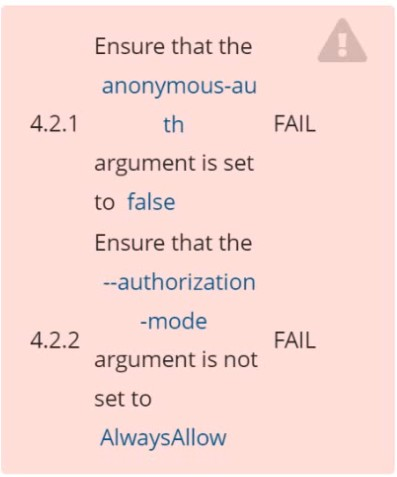
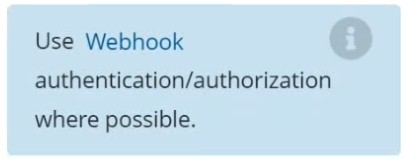
Fix all of the following violations that were found against etcd:
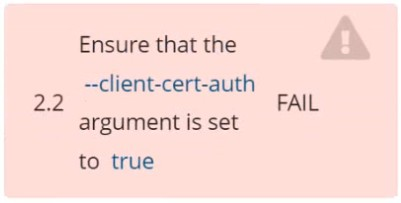
Are You Looking for More Updated and Actual Linux Foundation CKS Exam Questions?
If you want a more premium set of actual Linux Foundation CKS Exam Questions then you can get them at the most affordable price. Premium Kubernetes Security Specialist exam questions are based on the official syllabus of the Linux Foundation CKS exam. They also have a high probability of coming up in the actual Certified Kubernetes Security Specialist exam.
You will also get free updates for 90 days with our premium Linux Foundation CKS exam. If there is a change in the syllabus of Linux Foundation CKS exam our subject matter experts always update it accordingly.
